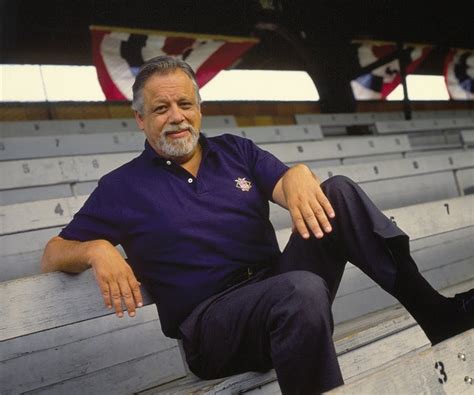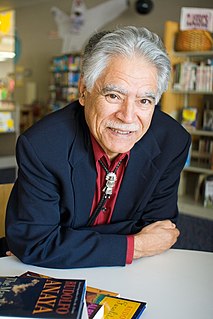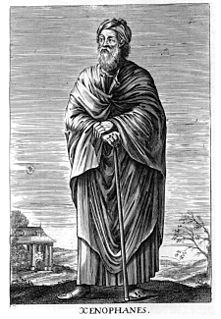A Quote by Sallust
Now the myths represent the Gods themselves and the goodness of the Gods subject always to the distinction of the speakable and the unspeakable, the revealed and the unrevealed, that which is clear and that which is hidden: since, just as the Gods have made the goods of sense common to all, but those of intellect only to the wise, so the myths state the existence of Gods to all, but who and what they are only to those who can understand.
Related Quotes
Theology is a non-subject. I'm not saying that professors of theology are non-professors. They do interesting things, like study biblical history, biblical literature. But theology, the study of gods, the study of what gods do, presupposes that gods exist. The only kind of theology that I take account of are those theological arguments that actually argue for the existence of God.
What is essential to understand at this point is that until now there was no such thing as mind and matter, subject and object, form and substance. Those divisions are just dialectical inventions that came later...They are just ghosts, immortal gods of the modern mythos which appear to us to be real because we are within that mythos. But in reality they are just as much an artistic creation as the anthropomorphic gods they replaced.
The gods have fled, I know. My sense is the gods have always been essentially absent. I do not believe human beings have played games or sports from the beginning merely to summon or to please or to appease the gods. If anthropologists and historians believe that, it is because they believe whatever they have been able to recover about what humankind told the gods humankind was doing. I believe we have played games, and watched games, to imitate the gods, to become godlike in our worship of eachother and, through those moments of transmutation, to know for an instant what the gods know.
Sadly enough, my young friends, it is a characteristic of our age that if people want any gods at all, they want them to be gods who do not demand much, comfortable gods, smooth gods who not only don't rock the boat but don't even row it, gods who pat us on the head, make us giggle, then tell us to run along and pick marigolds.
Gods? Don't let that impress you. Anyone can be a god if they have enough worshippers. You don't even have to have powers anymore. In my time I've seen theatre gods, gladiator gods, even storyteller gods - you people see gods everywhere. Gives you an excuse for not thinking for yourselves. God is just a word. Like Fury. like demon, Just words people use for things they don't understand. Reverse it and you get dog. It's just as appropriate.
The truth wears longer than all the gods; for it is only in the truth's service, and for love of it, that people have overthrown the gods and at last God himself. "The truth" outlasts the downfall of the world of gods, for it is the immortal soul of this transitory world of gods; it is Deity itself.
"The myths," says Horace in his Ars Poetica, "have been invented by wise men to strengthen the laws and teach moral truths." While Horace endeavored to make clear the very spirit and essence of the ancient myths, Euhemerus pretended, on the contrary, that "myths were the legendary history of kings and heroes, transformed into gods by the admiration of the nations." It is the latter method which was inferentially followed by Christians when they agreed upon the acceptation of euhemerized patriarchs, and mistook them for men who had really lived.
There is one god, greatest among gods and men, who bears no similarity to humans either in shape or thought... but humans believe that the gods are born like themselves, and that the gods wear clothes and have bodies like humans and speak in the same way... but if cows and horses or lions had hands or could draw with the hands and manufacture the things humans can make, then horses would draw the forms of gods like horses, cows like cows, and they would make the gods' bodies resemble those which each kind of animal had itself.
Come now: Do we really think that the gods are everywhere called by the same names by which they are addressed by us? But the gods have as many names as there are languages among humans. For it is not with the gods as with you: you are Velleius wherever you go, but Vulcan is not Vulcan in Italy and in Africa and in Spain.








































